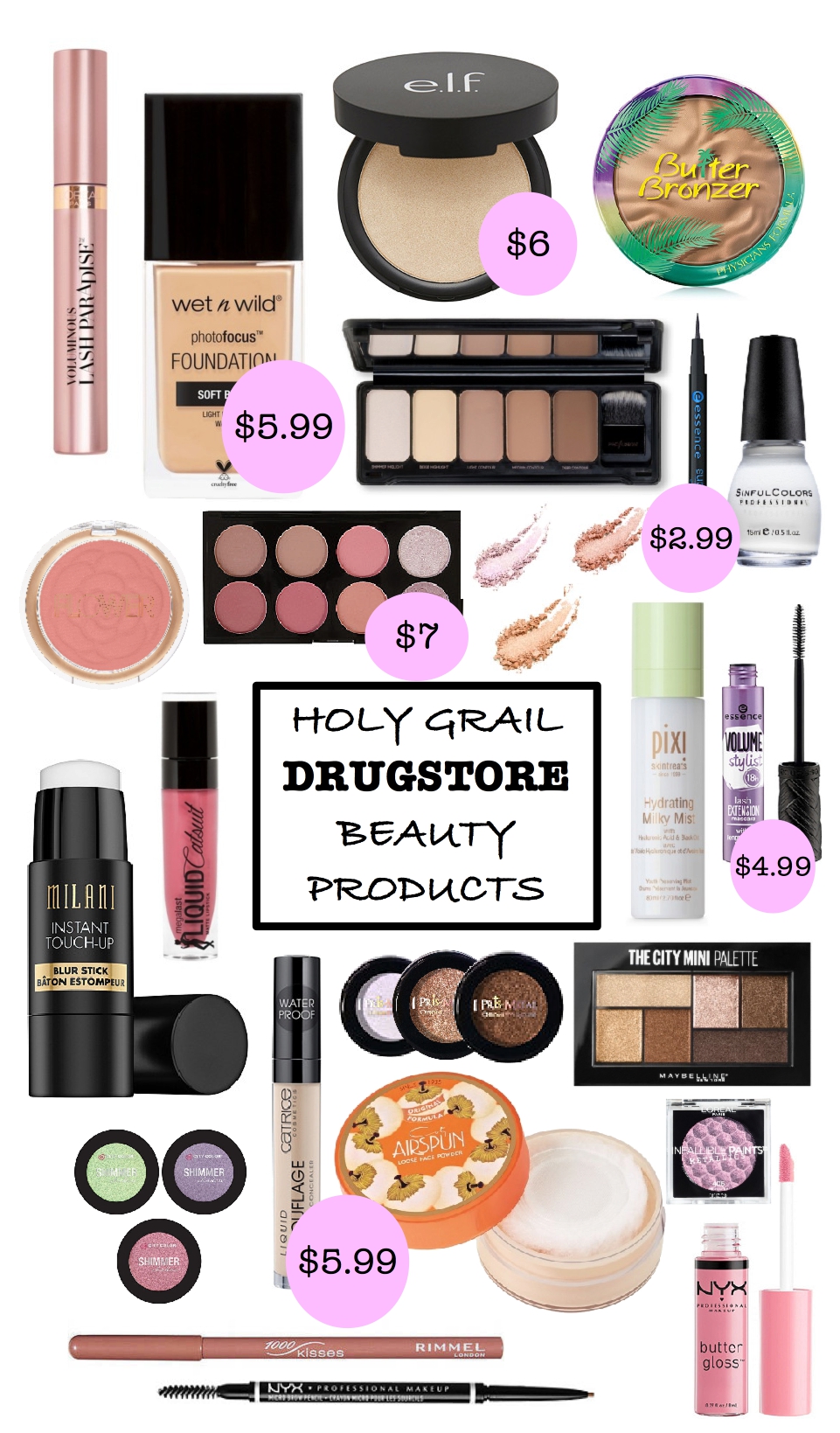The first use of prototype cosmetics is usually traced back to the ancient Egyptians; many Egyptian tombs contained makeup canisters and kits. Cleopatra used lipstick that got its hue from ground carmine beetles, while other women used clay mixed with water to color their lips.
Most notable, though, was the ancient Egyptians' use of kohl. Both men and women would paint the kohl, a mixture of metal, lead, copper, ash and burnt almonds, all around their eyes -- picture a football player with grease paint under his eye combined with Tammy Faye Baker and her excessive use of mascara. The circles of kohl were meant to ward off the evil eye and dangerous spirits and were also handy in deflecting the harsh desert sun. In recent years, scientists have determined that the kohl makeup may have inadvertently helped the Egyptians ward off infectious diseases; the lead would kill off bacteria, though if the Egyptians had had longer life spans, the lead might have eventually killed them off as well [source: Bhanoo].
Advertisement
Advertisement
Skincare might be the hot topic du jour, but if you’re a beauty-lover (you are reading Byrdie, after all), it’s likely that makeup was your first love. Whether it was playing with your mom’s MAC Taupe lipstick or spending all your free time at Sephora in high school when it.finally. came to your Midwestern mall (guilty)—there’s something spellbinding and mesmerizing about every.

The ancient Greeks and Romans also painted their faces with powders made of ground-up minerals and stones, but the history of makeup becomes a little less colorful as time goes on -- quite literally. From the Middle Ages until the end of the 19th century, pale skin was in. Only prostitutes and lower class women would have dared use color on their lips, cheeks or eyes. Instead, women painted their faces, necks and chests with a lead and vinegar mixture known as ceruse. Elizabeth I of England, with her white face and large forehead (the lead in ceruse would often cause hair to fall out), is quite representative of this look, which was popular for centuries. And though women today might like to joke about how they suffer for beauty, women who used the lead-based ceruse often ended up with muscle paralysis or in their graves.
About Makeup Dupes Palette

About Makeup Dupes Lipstick
- About Makeupis a Kuwaiti company that is specialized in cosmetic and beauty. The mission of our company is to cover the GCC market and provide the best varieties of products to the beauticians & ordinary customers across the GCC countries.
- If you're not sure about makeup colors, we have an easy solution for you. Go ahead and choose a few colors that you think might work, and purchase them using our free store pickup option. Once you get your items and see the colors in person at your local Walmart, you can stick with the ones you prefer.
- Created by Rihanna with her vision that’s always ahead of the game, Fenty Beauty redefines the rules with light-as-air formulas that love to be layered—in a global lineup of shades designed for all.
About Makeup Dupes Cosmetics
At the dawn of the 20th century though, products that we'd recognize today -- lipsticks, mascaras and nail polishes -- began to emerge. On the next page, we'll examine the birth of the modern-day makeup industry.